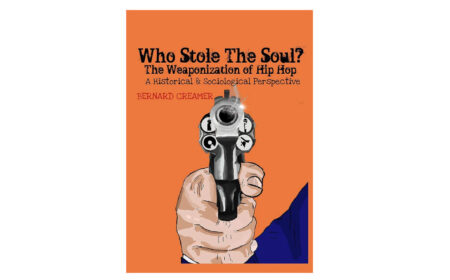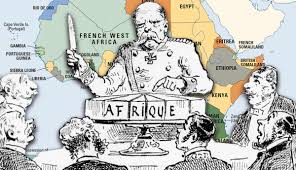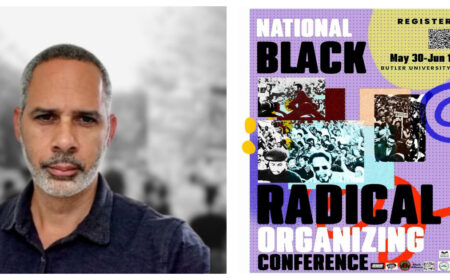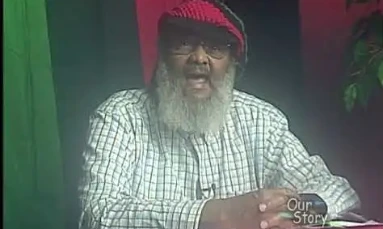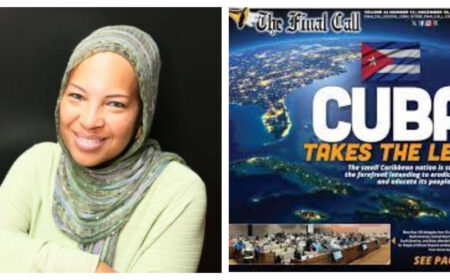America is still segregated. We need to be honest about why…

Residential segregation exacerbates many national problems. In education, a black-white achievement gap persists largely because the poorest pupils are concentrated in racially homogenous schools where instruction is overwhelmed by children’s out-of-school challenges; these schools are segregated because their neighborhoods are segregated.
Growing inequality partly reflects a racial wealth gap. Middle-class white Americans are more likely to live in neighborhoods with rising home values (and thus, family equity) while their middle-class black counterparts are more likely to rent, or live in neighborhoods with stagnant values.
Hostile, sometimes fatal confrontations between police and African American youth might be rarer if the poorest young people were not concentrated in neighborhoods lacking well-resourced schools, good jobs and transportation to better opportunities. In integrated neighborhoods with substantial middle class populations, police perform as public servants, not as an occupying force.
Only if neighborhoods are segregated “de jure”, by explicit government policy, is remedial action permitted. Indeed, the constitution requires remedies for de jure segregation.
The New Deal created our first civilian public housing, intended to provide lodging mostly for lower-middle class white families during the Depression. The Roosevelt administration built a few projects for black families as well, but almost always segregated. At the time, many urban neighborhoods were integrated because workers of both races lived in walking distance of downtown factories. The Public Works Administration (PWA) demolished many such integrated neighborhoods – deemed slums – to build segregated housing instead, creating segregation where it had never before existed.
In his autobiography, The Big Sea, the poet and novelist Langston Hughes described going to high school in an integrated Cleveland neighborhood where his best friend was Polish and he dated a Jewish girl. The PWA cleared the area to build one project for whites and another for African Americans. Previously integrated neighborhoods in Cambridge, Atlanta, St Louis, San Francisco and elsewhere also gave way to segregated public housing, structuring patterns that persisted for generations.
During the second world war, white and black Americans flocked to jobs in defense plants, sometimes in communities that had no tradition of segregated living. Yet the government built separate projects for black and white citizens, determining future residential boundaries. Richmond, California, was the nation’s largest shipbuilding center. It had few African Americans before the war; by its end, some 15,000 were housed in a federal ghetto along the railroad tracks.
By the mid-1950s, projects for white Americans had many unoccupied units while those for African Americans had long waiting lists. The contrast became so conspicuous that all public housing was opened to African Americans. As industry relocated to suburbs, jobs disappeared and public housing residents became poorer. A program that originally addressed a middle-class housing shortage became a way to warehouse the poor.
Why did white housing projects develop vacancies while black ones had long waiting lists? It largely resulted from a Federal Housing Administration (FHA) program that guaranteed loans to builders of suburban subdivisions, on the explicit condition that black families be excluded and that house deeds prohibit resale to them. In the late 1940s, William Levitt could never independently have amassed capital to construct 17,000 houses in what became Levittown, east of New York City. He could do so only because the FHA relieved banks of risk in making development loans, provided homes were for whites only.
Urban public housing, originally for middle-class white Americans and later for lower-income African Americans, combined with FHA subsidized suburbanization of whites, created a “white noose” around urban black families that persists to this day.
In 1968, the Fair Housing Act permitted African Americans to access previously white neighborhoods. But it prohibited only future discrimination, without undoing the previous 35 years of government-imposed segregation. In suburbs like Levittown that sprouted nationwide in the 1940s and 50s, houses sold for about $100,000 (in today’s currency), twice the national median income.
FHA-amortized mortgages were affordable for working-class families of either race, although only whites were allowed. Today, these houses sell for $400,000, seven times national median income, unaffordable to working-class families. Meanwhile, whites who suburbanized with federal protection gained $300,000 in equity to use for children’s college tuition, care for aging parents, or medical emergencies. Black families remaining as renters gained no such security.
Our belief in “de facto” segregation is paralyzing. If our racial separation stems from millions of individual decisions, it is hard to imagine the millions of different choices that could undo it. But if we remember that residential segregation results primarily from forceful and unconstitutional government policy, we can begin to consider equally forceful public action to reverse it. Learning this history is the first step we can take.
